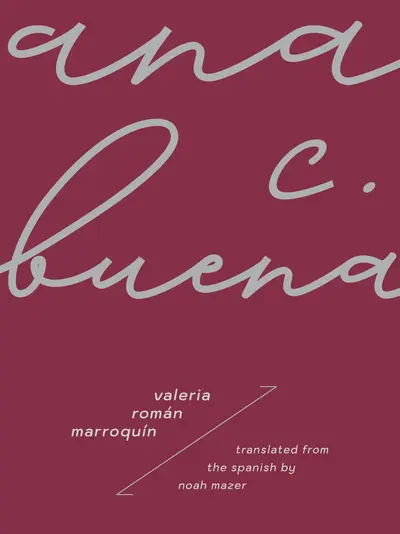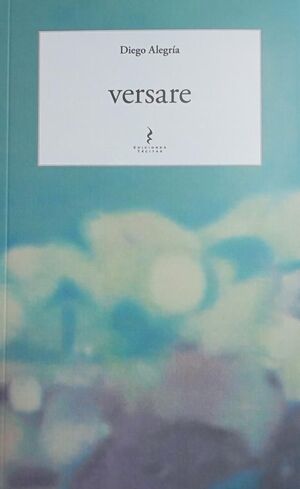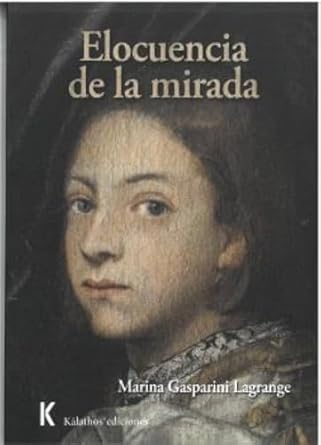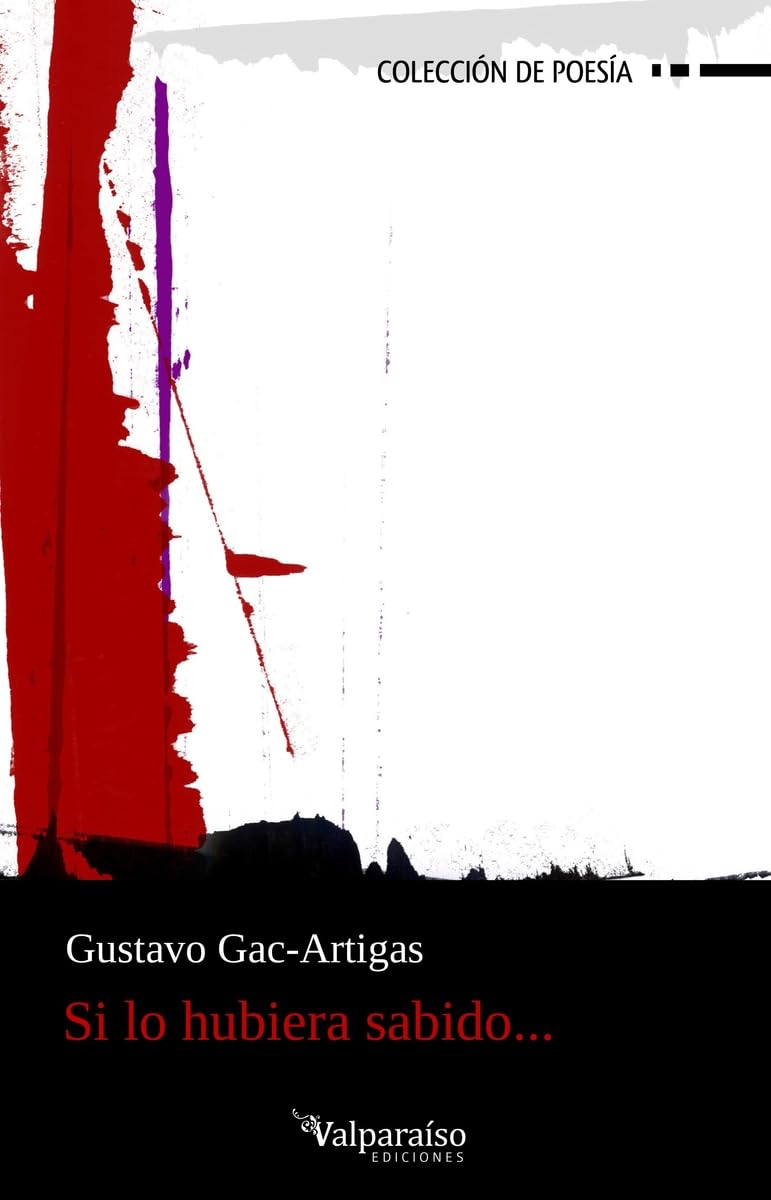Lima: Editorial Vitaqura. 2023. 106 pages.
 Enter the Void, by Argentine director Gaspar Noé, is a journey to the center of the sensations of every character and every setting. The plot and the script’s guidance are of no interest here; what’s interesting, instead, is the sequence of whispers, footsteps, exhalations, broken thoughts, scattered fragments, and, of course, indispensable rebirths under the blanket of ambiguity itself. Certain works of this caliber exist, where what matters is not the narrative sequence and its traditional turns, but rather the unfolding of perspective, showing what was invisible at first sight: poetics. Un delicado temblor (2023) by Filonús Gonzáles belongs to this manner of orchestration, in which the experimental and its hybrid payload come before the face of each character and their movements in a Dantesque universe all its own. Thus life becomes a philosophic exercise worthy of a Nietszchian notebook, and sometimes an epic poem comparable only to the deepest abyss.
Enter the Void, by Argentine director Gaspar Noé, is a journey to the center of the sensations of every character and every setting. The plot and the script’s guidance are of no interest here; what’s interesting, instead, is the sequence of whispers, footsteps, exhalations, broken thoughts, scattered fragments, and, of course, indispensable rebirths under the blanket of ambiguity itself. Certain works of this caliber exist, where what matters is not the narrative sequence and its traditional turns, but rather the unfolding of perspective, showing what was invisible at first sight: poetics. Un delicado temblor (2023) by Filonús Gonzáles belongs to this manner of orchestration, in which the experimental and its hybrid payload come before the face of each character and their movements in a Dantesque universe all its own. Thus life becomes a philosophic exercise worthy of a Nietszchian notebook, and sometimes an epic poem comparable only to the deepest abyss.
I must confess, this novel disturbed me generously, from its initial mise-en-scène (a run-down brothel) to the sparse plotlines sunken into this labyrinth of sensations (the migrant prostitute and her phone conversations with her ailing mother, for example). While the trope of the brothel and the relationships between patrons and their muses with kilometric backsides is a trite resource in the genre, the technique of poetic images in sequence and the story’s rawness turn Un delicado temblor into a project in which the “poetic” does not run up against the “narrative.” On the contrary, each devours the other, forming chimeras that surprise us with their caress: “To long for rain the way you long for someone, as if love were thousands of drops falling and falling for minutes, hours, days. There is no love in longing, for it is all marked by the absence of love, for it is all impossibility, border.”
The chimeras or associations the narrator interweaves, from a solitary eye, lay the groundwork for a language or cartography that far surpasses the point of enunciation. I said it at the start and I’ll hammer it home: the intent of this novel is not to lay out a typical brothel story such that we might empathize with the plight of a migrant prostitute, but rather to visit “the innards,” “the basement,” “the labyrinth” of that immaterial reality that stews within the body, whose only channel of communication is its plotting from nothingness.
“THE PECULIARITY HERE IS THAT FILONÚS’S OBSESSIONS ARE TRANSMUTED, ALMOST ALCHEMICALLY, INTO A PICTORIAL COLLAGE OF IDEAS AND IMAGES THAT AMALGAMATE”
Curiously, this strategy of evincing the inner self, whether poetically or with a philosophical whiff of interlinked maxims, is present from the first page on. The narrator, like any good preceptor or apprentice of Diogenes, tells us he suffers an irremediable thirst. But this is not only a basic physiological need; it transforms, throughout the text, into the pulpit from which he tells us of the world—or, better yet, into his barrel. This macro-metaphor holds up the novel: thirst is knowledge, a blessing, and a condemnation all at once. Could it be that the world can be accessed only through pain?
Thus, the scourge of thirst in Un delicado temblor breaks the established order of our classic mental structures and the ways we conceive of the world. We bear witness to a long-distance phone call between mother and daughter or to a taciturn erotic pose with the same intensity as an appeal to abstract mentions of desert islands, beached whales, silences, lights, shadows, a universe in perpetual ecstasy. The lines that define time and space are blurred in the labyrinth Filonús has created. Horror is not emptiness but wholeness: the almost obsessive generation of one universe after another.
The peculiarity here is that Filonús’s obsessions are transmuted, almost alchemically, into a pictorial collage of ideas and images that amalgamate to metonymically show us condoms, writhing bodies, mouths, seas, the germinal mating of the world, the primeval larvae, then back to the brothel’s dressing room, to silence, to thirst, to poetry, to metapoetry. A musical pentagram sunken into a labyrinth of sensations: that is Un delicado temblor. Or, more precisely, a labyrinth of sensations sunken into a Lima brothel.
When I think of the powerful novel I have just read, I don’t think only of the revelations brought about by “narrating poetically”: I believe, in reality, there is no such thing as a border or a threshold. This text is clear proof that genres and pigeon-holes are of no help to us as we delve into the interpretation—or even the unassuming reading—of a labyrinth like this one. I recommend not entering into it in search of the “ball of thread.” Rather, very much on the contrary, may we ourselves be the ball of thread, and may the labyrinth find us. Perhaps the Minotaur awaits us at the end of the passage with an exquisite dinner prepared: “Nothing is left of the past. Only thus comes the new…”







